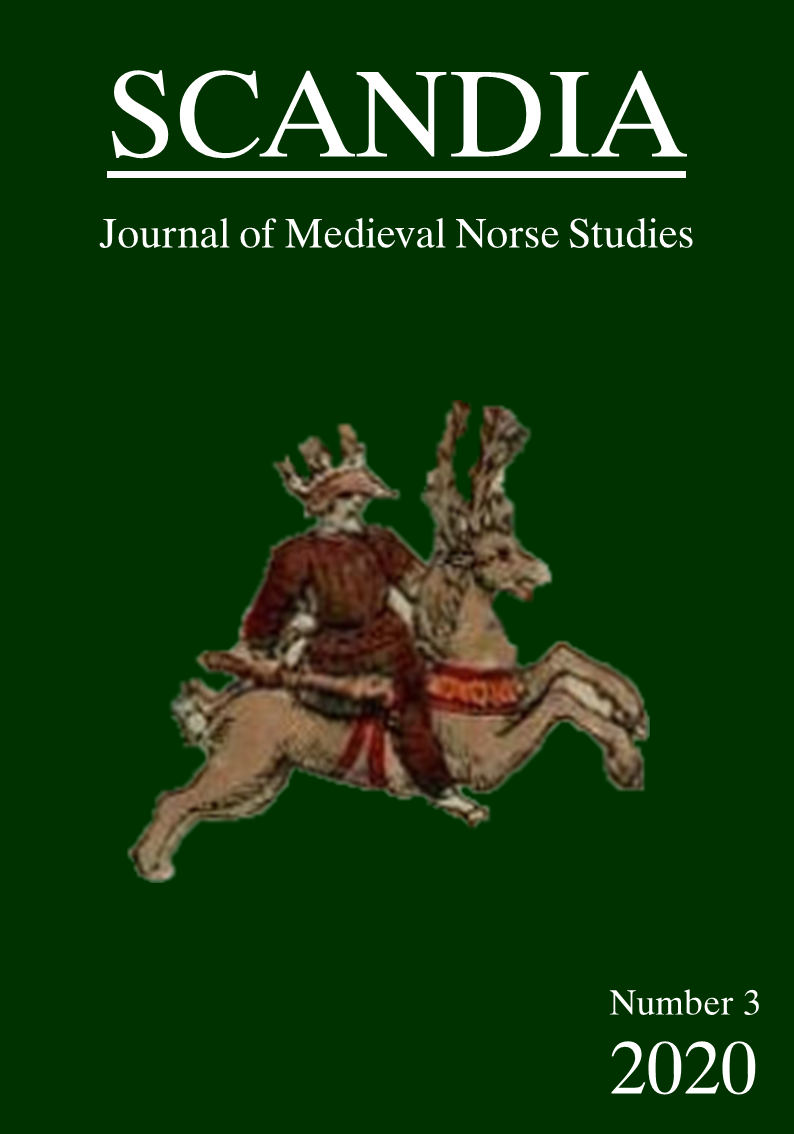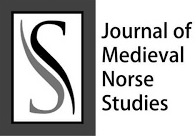LA TERMINOLOGIA DEL MALEDIRE NELLE STIÚPMŒÐRASÖGUR
Abstract
the stjúpmœðrasögur are those sagas that focus on the clash between a hero and his evil stepmother, who, eventually, put a spell on him. These curses can be considered as a climax in the struggle between the two characters and they can be considered as the beginning of the adventures that the hero will have to face. In these statements, there are some terms related to cursing which are particularly suitable for a semantic study, together with a search for the cultural references that characterize them. In particular, in this paper, I will point out how the choice of the vocabulary of cursing changes according to the historical period in which the saga is set: the terms are more specifically linked to the concept of seiðr, when the narration takes place in 'ancient times', preceding the first settlements in Iceland, during a period still defined as pagan. Whereas in those sagas whose events are close to the Christian conversion and the Icelandic colonization, there are more generic words, not related to magical knowledge. These kinds of terms take on a different meaning, which is related to the semantic and cultural sphere of cursing if they are introduced in a magical context.
Downloads
Downloads
Published
Issue
Section
License
The author (s) of the original submitted undertake to comply with the following:
- All authors are publicly responsible for it.
- The authors claim that this original is their own and that they assume full responsibility to third parties, whether moral or patrimonial, by reason of its content, stating that the work does not infringe any intellectual property rights of third parties.
- The author (s) agree to the copyrights of the original to Scandia Journal, to which they grant permission for its reproduction, editing and online publication.
- The author (s) grant their copyright of their original to the Scandia Journal, licensed under the Creative Commons Attribution License, which allows the sharing of this work with the acknowledgment of their authorship.
- The author (s) have permission and are encouraged to cite and distribute their original.



